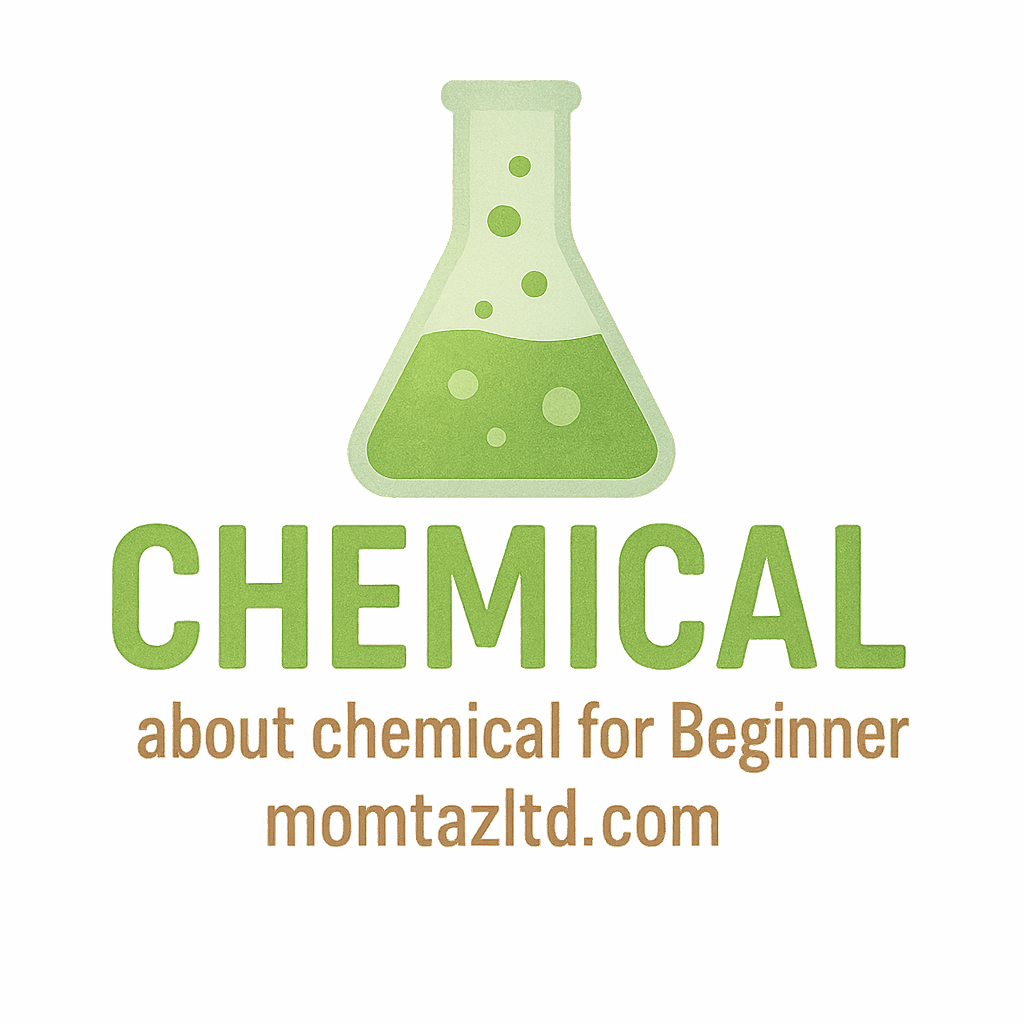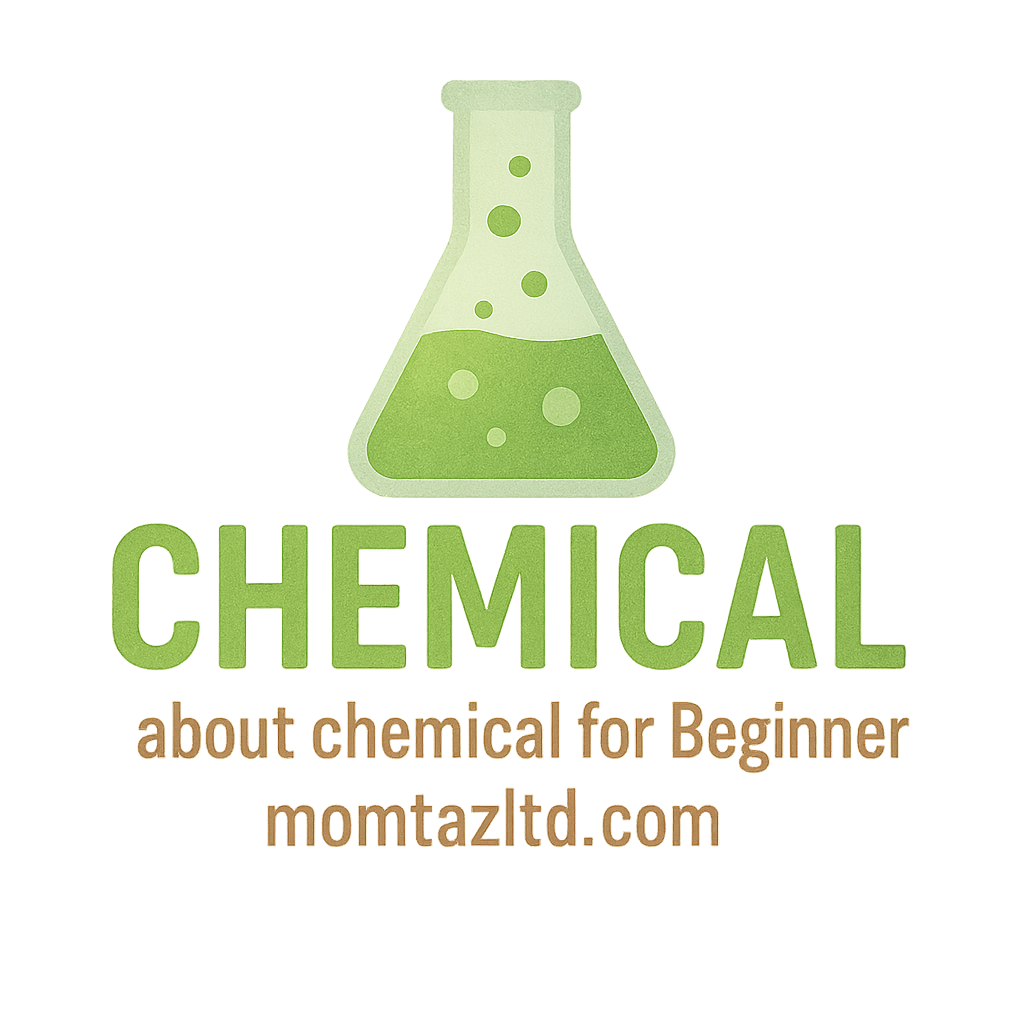Introduction
Choosing a career in the chemicals industry is a decision that can lead to a dynamic and rewarding professional journey. Whether you are drawn to chemistry for its scientific intrigue, the problem-solving aspect, or its real-world impact, a career in chemicals can offer diverse opportunities. But before diving in, it’s essential to ask the right questions. This article explores the top 10 questions to ask before pursuing a career in chemicals to ensure that your path aligns with your personal and professional goals.
Why a Career in Chemicals?
The Growth and Demand in Chemical Industries
The chemical industry is one of the largest and most versatile sectors in the world. From pharmaceuticals and agriculture to energy and materials, chemicals are foundational to nearly every product and process in modern society. With growing demand for sustainable products, renewable energy sources, and innovative solutions to global challenges, the chemical industry is expected to keep expanding, offering a wealth of opportunities.
Key Sectors in Chemical Industry Employment
The chemical industry is vast and multifaceted. Key sectors include:
- Pharmaceuticals: Developing medications and vaccines.
- Agriculture: Creating pesticides, fertilizers, and crop protection chemicals.
- Energy: Producing chemicals used in energy generation and storage, such as biofuels and batteries.
- Materials: Crafting plastics, rubbers, and other materials used in manufacturing products.
What Are the Educational Requirements?
Chemistry Degrees: Bachelor’s, Master’s, and Doctoral Levels
To pursue a career in chemicals, a strong educational background in chemistry is crucial. A Bachelor’s Degree in chemistry or a related field is the minimum requirement for entry-level positions. However, specialized roles, particularly in research or higher-level positions, may require Master’s or Doctoral degrees.
Specialized Training and Certifications
In addition to formal education, gaining specialized training or certifications can enhance your qualifications. Areas such as chemical engineering, toxicology, or environmental chemistry may require additional certifications. Check out Momtaz Ltd’s Chemical Basics for more insights into different aspects of chemistry.
How Important Are Technical Skills in This Field?
Laboratory Skills vs. Engineering Skills
In the chemical industry, technical expertise is essential. Laboratory skills are crucial for those in research and quality control roles. On the other hand, engineers and process technicians need to understand complex machinery and chemical processing systems. Therefore, it’s vital to determine which technical skills will align with your desired career path.
The Role of Digital Tools and Innovation in Chemical Careers
In recent years, digital tools have revolutionized the chemical industry. Understanding computer modeling, automation, and data analysis can significantly enhance your job prospects. Chemical companies are increasingly relying on software for simulations and experiments, making tech-savvy professionals in high demand.
What Career Paths are Available in the Chemical Industry?
Research and Development
If you enjoy innovation and discovery, R&D might be the right path for you. Chemical researchers develop new substances and processes, contributing to everything from medical breakthroughs to environmental solutions. The role involves experimenting, testing, and improving chemical compounds.
Chemical Engineering
Chemical engineers apply principles of chemistry, physics, and biology to solve real-world problems. This includes designing chemical plants, developing production processes, and ensuring the safety and efficiency of manufacturing systems.
Chemical Safety and Regulatory Compliance
For those interested in ensuring that chemical processes are safe and compliant with government regulations, a career in chemical safety or regulatory affairs might be ideal. These professionals help companies adhere to safety standards, manage risks, and comply with environmental laws.
What Are the Challenges in a Chemical Career?
Handling Hazardous Materials
One of the biggest challenges in a chemical career is working with hazardous materials. Chemicals, by their nature, can be dangerous. Handling these substances requires strict adherence to safety protocols and ongoing risk assessments. Understanding chemical safety is vital for anyone in this field.
Dealing with High Pressure and Deadlines
Many roles in the chemical industry come with significant pressure to meet deadlines and maintain high production standards. It’s important to be able to manage stress effectively and work efficiently under pressure.
The Continuous Need for Innovation
The chemical industry is always evolving. As a result, professionals in this field must stay up-to-date with the latest research, technologies, and regulations. The demand for innovation means that career growth often requires continuous learning and adaptability.
What Are the Safety Concerns in Chemical Jobs?
The Importance of Chemical Safety Protocols
Given the inherent risks associated with chemicals, safety is a top priority. Employers in the chemical industry invest heavily in safety measures, from protective equipment to specialized training. Safety protocols are critical to preventing accidents and maintaining a safe working environment.
Managing Chemical Accidents and Emergencies
Accidents, although rare, can happen. Chemical accidents can result in dangerous situations, from exposure to toxic substances to explosions. Professionals need to be trained in emergency response and chemical spill management. The ability to act quickly and decisively during a crisis is essential.

What Is the Earning Potential in a Chemical Career?
Salary Expectations Based on Role and Experience
Earning potential in the chemical field can vary greatly depending on your role, experience, and education level. Entry-level positions typically start at a competitive salary, with engineers and researchers often earning more. However, senior roles in management or specialized areas such as chemical safety or process engineering can yield six-figure salaries.
Salary Differences by Geography and Sector
Location and industry sector also impact earnings. For example, chemical professionals working in pharmaceutical or energy sectors often earn higher salaries than those in agricultural chemicals. Additionally, jobs in regions with a higher cost of living, such as major cities or industrial hubs, tend to offer more competitive pay.
Is There Room for Advancement in Chemical Careers?
Professional Development and Career Progression
The chemical industry offers numerous opportunities for career advancement. With the right combination of experience, education, and skills, professionals can move up the ladder from entry-level positions to leadership roles. Continuing education and specialized certifications can further open doors to higher-paying and more influential roles.
Pursuing Specialized Roles and Research Opportunities
As technology continues to advance, there are more opportunities for specialization. Chemical professionals can pursue roles in emerging fields such as nanotechnology, sustainable energy, or environmental chemistry, leading to exciting research opportunities and new career paths.
What Impact Does a Career in Chemicals Have on Society?
Contribution to Sustainable Practices and Innovations
The chemicals industry plays a critical role in addressing global challenges such as climate change, resource depletion, and public health. By working in chemicals, you could be involved in developing sustainable products, renewable energy sources, and environmentally-friendly technologies.
Addressing Global Challenges through Chemistry
The chemical industry’s influence extends to solving pressing global issues. Whether it’s developing life-saving pharmaceuticals, improving agricultural practices, or creating new materials for advanced technologies, chemical professionals are at the forefront of global problem-solving.
What Soft Skills Are Necessary in Chemical Careers?
Communication and Teamwork Skills
While technical skills are paramount, soft skills are equally important. Many chemical careers require teamwork, collaboration, and communication. Being able to work effectively in a team and convey complex ideas in a clear, accessible way can set you apart in your career.
Problem-Solving, Critical Thinking, and Adaptability
The chemical industry thrives on innovation and problem-solving. Being able to think critically and adapt to changing circumstances is vital, whether you’re troubleshooting an experiment, adapting to a new regulatory requirement, or solving complex engineering problems.
Conclusion
A career in chemicals can be highly rewarding, but it’s important to be informed and prepared. By asking the right questions and evaluating your interests, skills, and long-term goals, you can determine whether this dynamic field is right for you. From education and career paths to safety protocols and earning potential, understanding the ins and outs of a chemical career will help you make a well-informed decision.
FAQs
- What is the best degree for a career in chemicals?
A Bachelor’s in Chemistry, Chemical Engineering, or a related field is typically required, with many roles benefiting from a Master’s or Ph.D. - Are chemical careers safe?
Safety is a significant concern, but with proper training, adherence to safety protocols, and the right precautions, chemical careers can be very safe. - Can I work in chemicals without a degree in chemistry?
Some roles, like chemical safety officers or regulatory compliance specialists, may not require a chemistry degree but will require training in specific areas. - What industries hire chemical professionals?
Chemical professionals are needed in industries such as pharmaceuticals, agriculture, energy, manufacturing, and environmental science. - How can I advance in a chemical career?
Gaining experience, continuing education, pursuing certifications, and specializing in emerging areas like green chemistry or nanotechnology can help advance your career. - What are the most challenging aspects of a chemical career?
Challenges include dealing with hazardous materials, high-pressure situations, and the need for constant innovation. - What soft skills are important in a chemical career?
Strong communication, problem-solving, teamwork, and critical thinking skills are essential for success in the chemical industry.
Tanya ChatGPT


